The European People’s Party (EPP) and the Tisza Party have been actively preparing for Ukraine’s potential EU membership in 2030 for months. This was revealed by Gabriella Gerzsenyi, MEP of the Tisza Party, in a recent statement. She detailed how her party has been working closely with the EPP and other allies on the issue of Ukraine’s European integration.
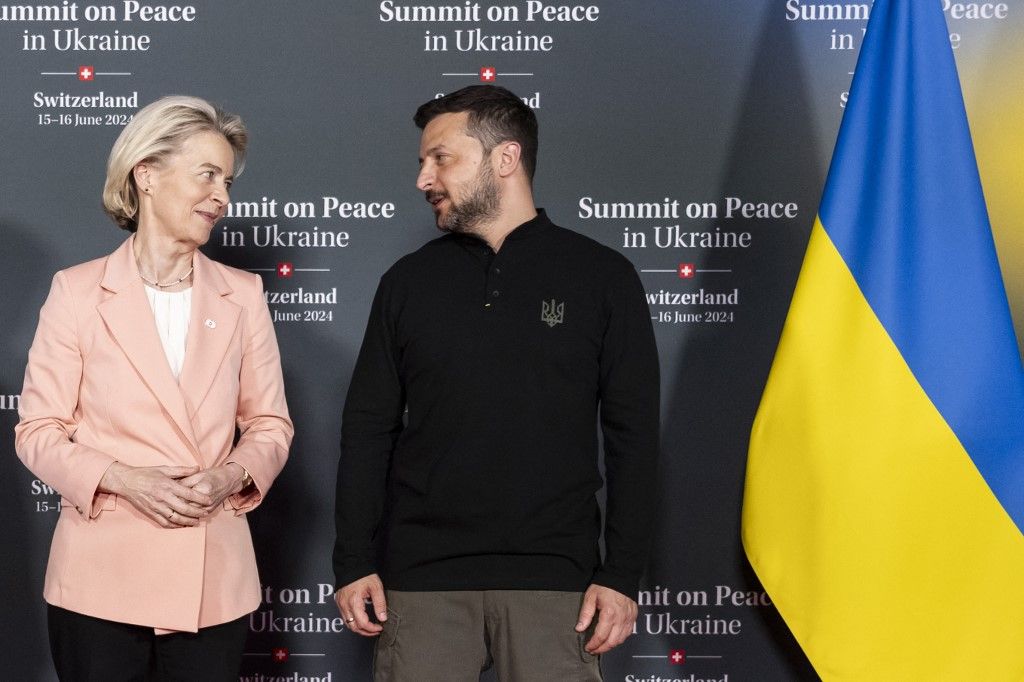
As highlighted by Magyar Nemzet in an earlier piece, according to Gerzsenyi, informal coordination within the EPP began as early as December 2024. Every two weeks, MEPs involved in budgetary matters meet to discuss proposals for the next seven-year financial period, which will be presented by the European Commission. These informal discussions are meant to shape the EPP’s position on key policy issues.
The Target Date for Ukraine
One recent meeting focused on two main topics: EU enlargement and the Common Agricultural Policy.
Regarding enlargement, participants discussed multiple scenarios, including the possibility that Ukraine, Moldova, or one of the Western Balkan countries could join the EU by 2030.
Gerzsenyi emphasized the importance of preparing for these possible accessions in the upcoming EU budget, as new member states would immediately become eligible for EU funding.
She highlighted that
the meeting focused on two main topics: enlargement and the Common Agricultural Policy. We discussed different scenarios, such as what happens if one of the candidate countries—Ukraine, Moldova, or a Western Balkan nation—joins the EU as early as 2030,
The Tisza Party’s active role in this process aligns with its earlier initiatives. The party has previously committed itself to supporting Ukraine’s European integration, and there is significant support for Ukraine's EU accession among its followers.
In a vote organized by the party, nearly 60 percent of Tisza Party supporters agreed that Ukraine belongs in the European Union.
However, Gerzsenyi’s statement also raises questions about the transparency of the enlargement process and the representation of Hungarian interests.
The MEP heavily focused on the EPP's interest while failing to mention Hungarian national interests.
This could be cause for concern, suggesting that Hungarian interests might be sidelined during the enlargement process.
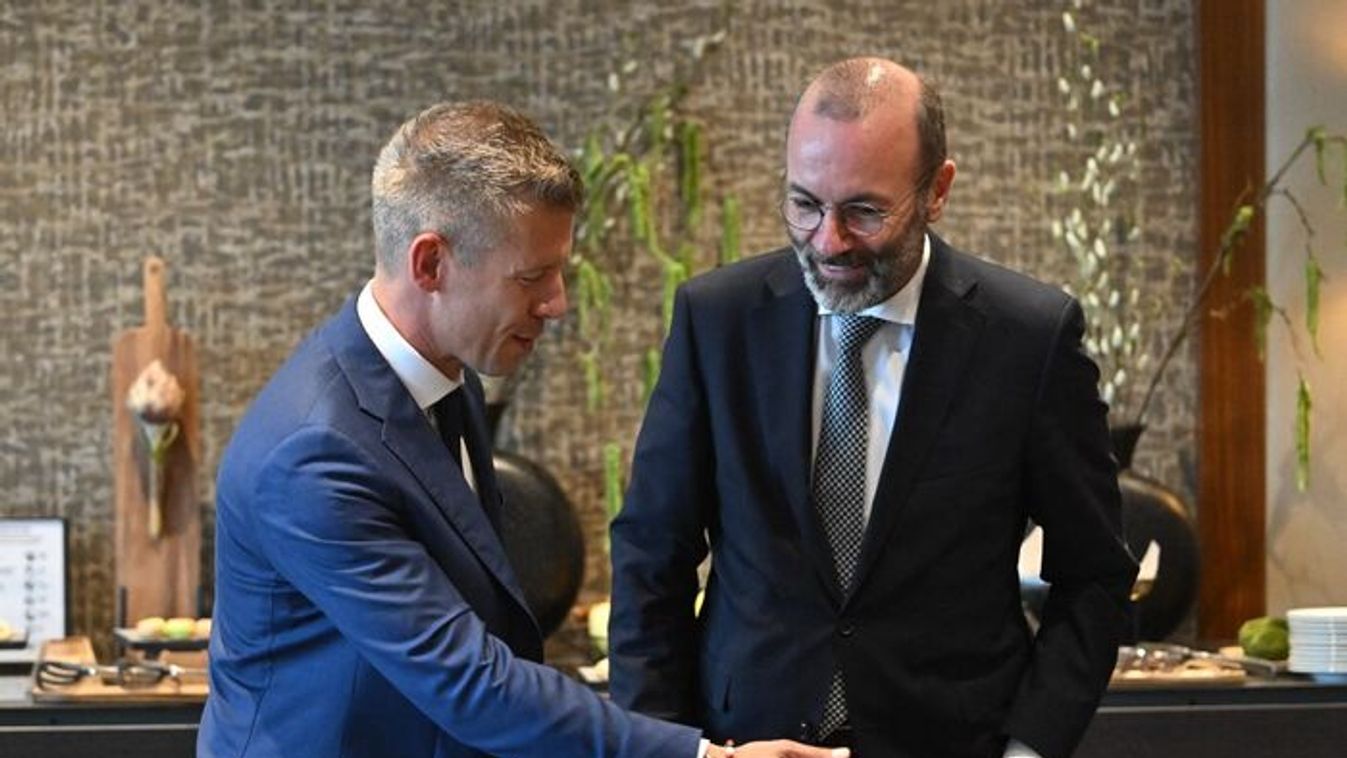
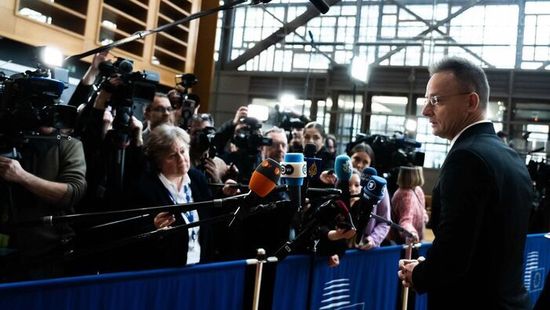
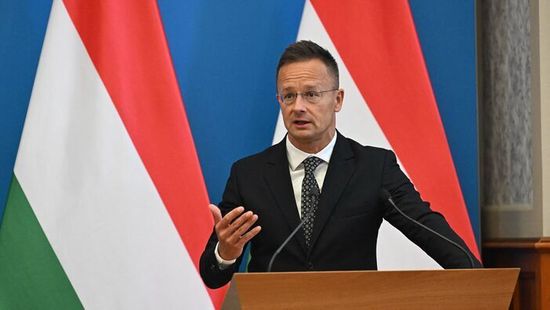



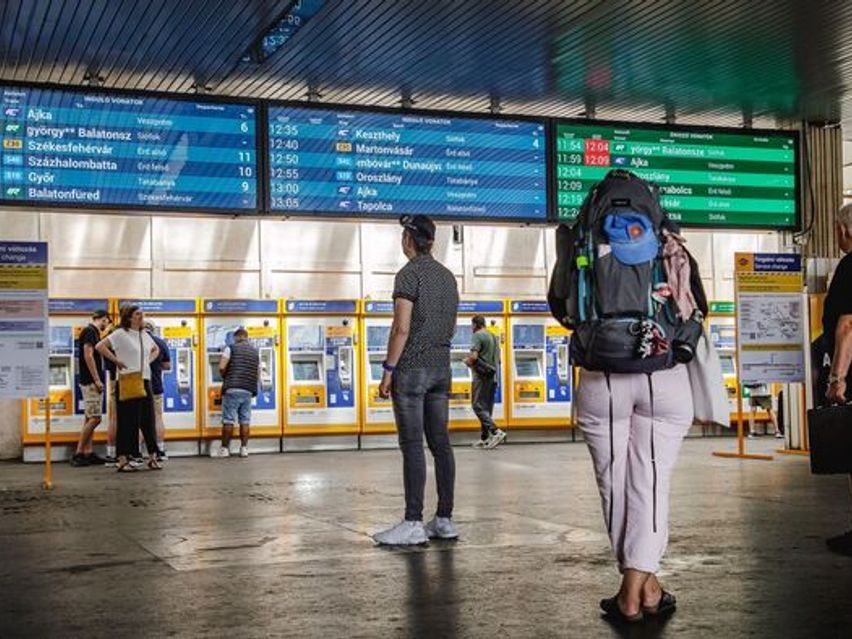

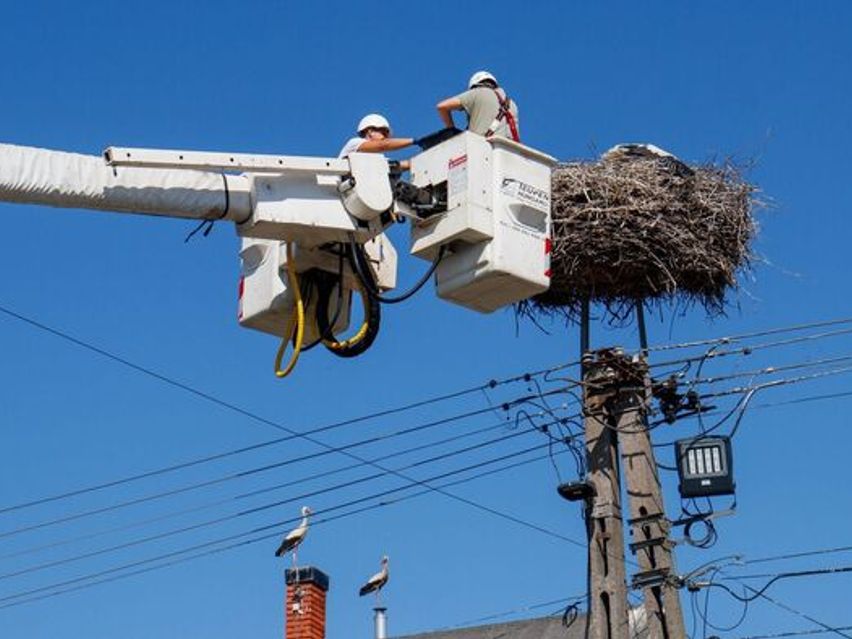



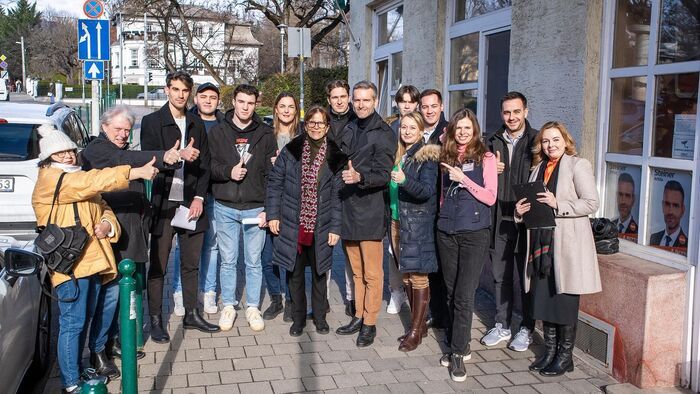
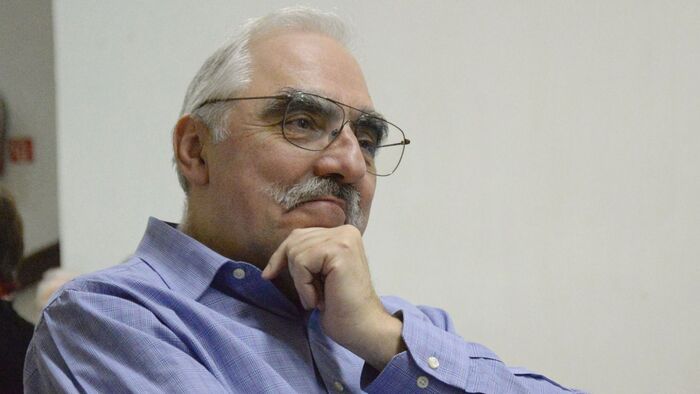
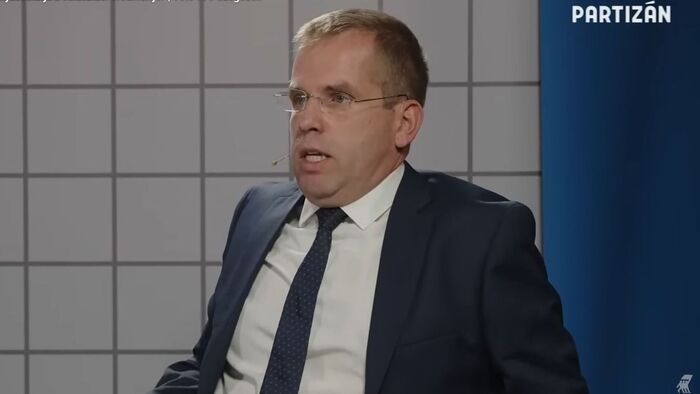
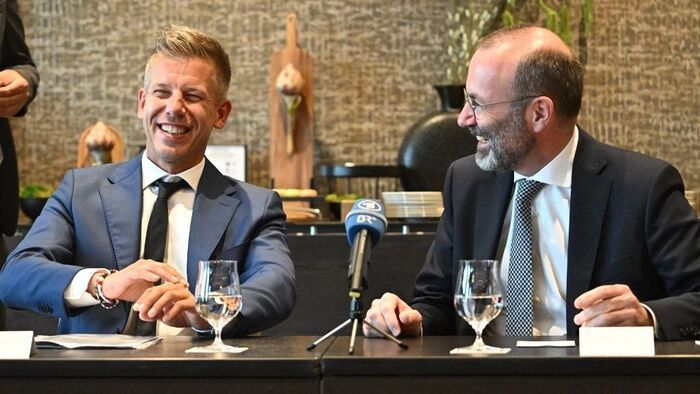
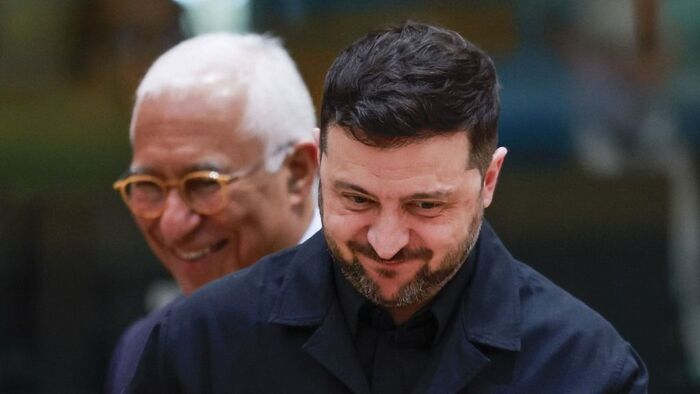
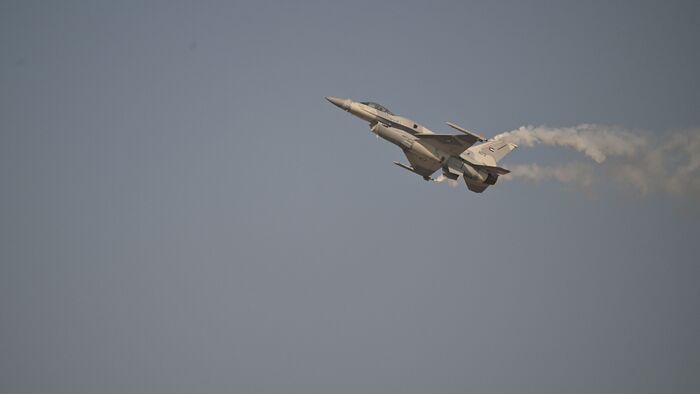
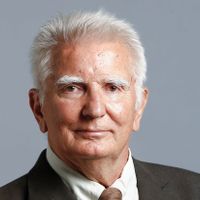
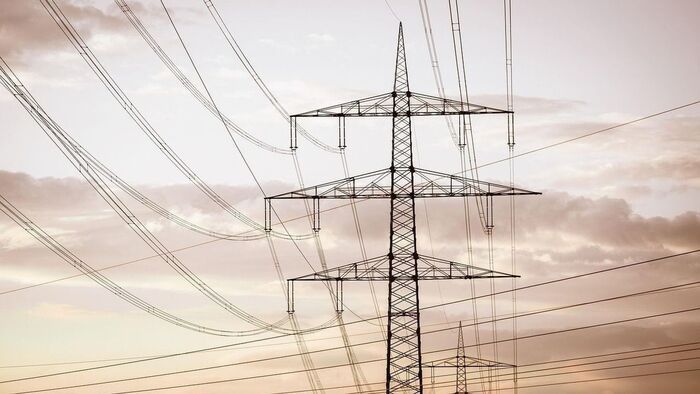
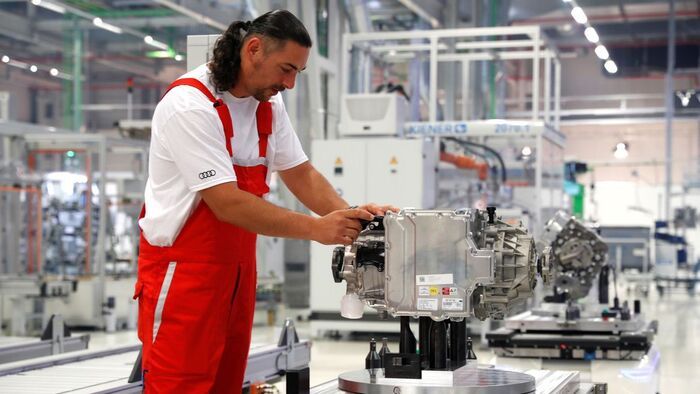


Szóljon hozzá!
Jelenleg csak a hozzászólások egy kis részét látja. Hozzászóláshoz és a további kommentek megtekintéséhez lépjen be, vagy regisztráljon!